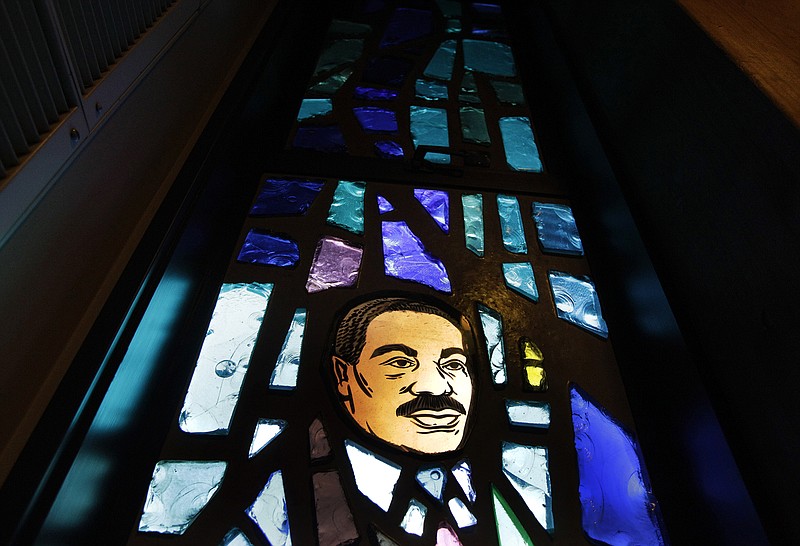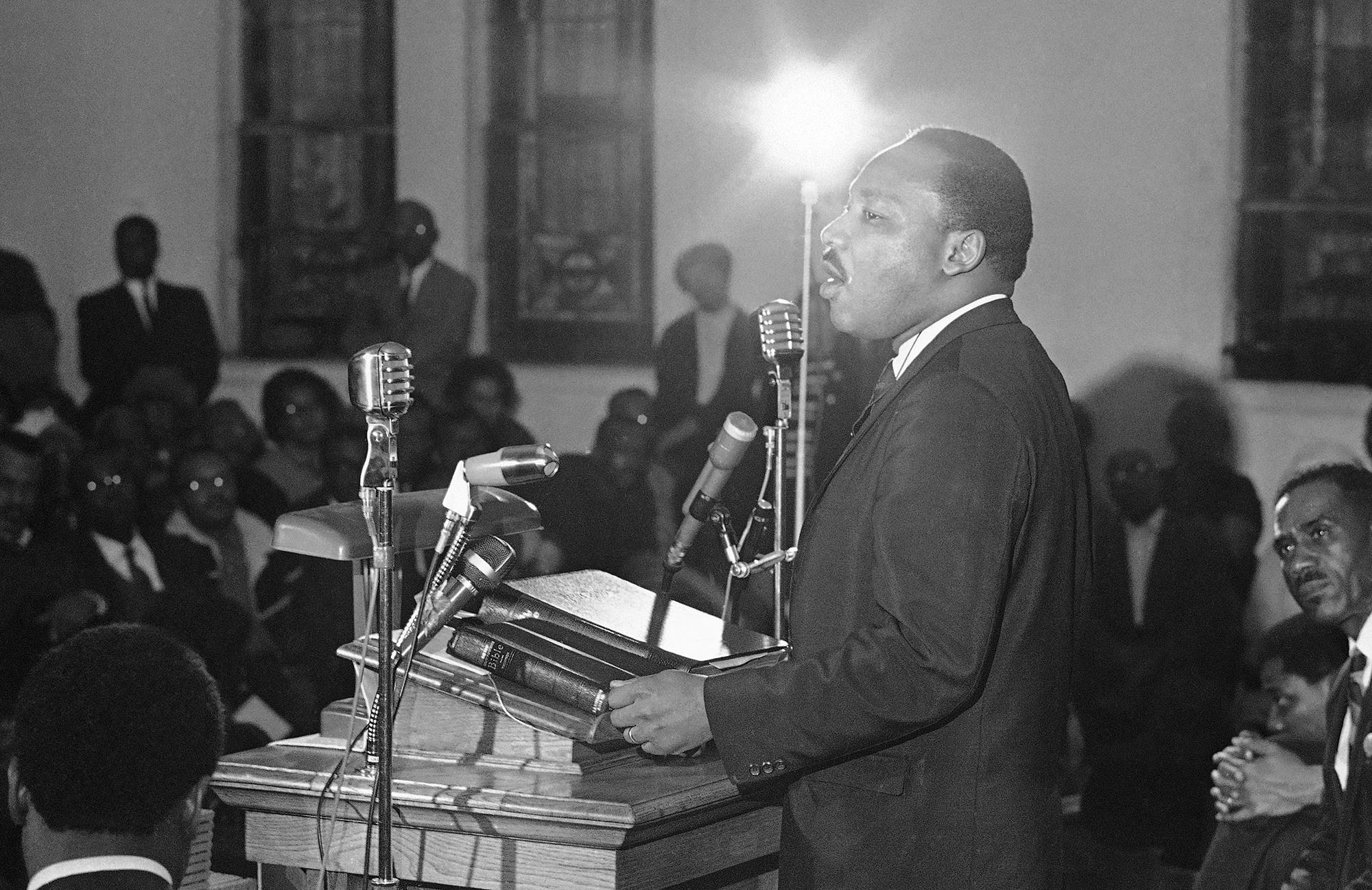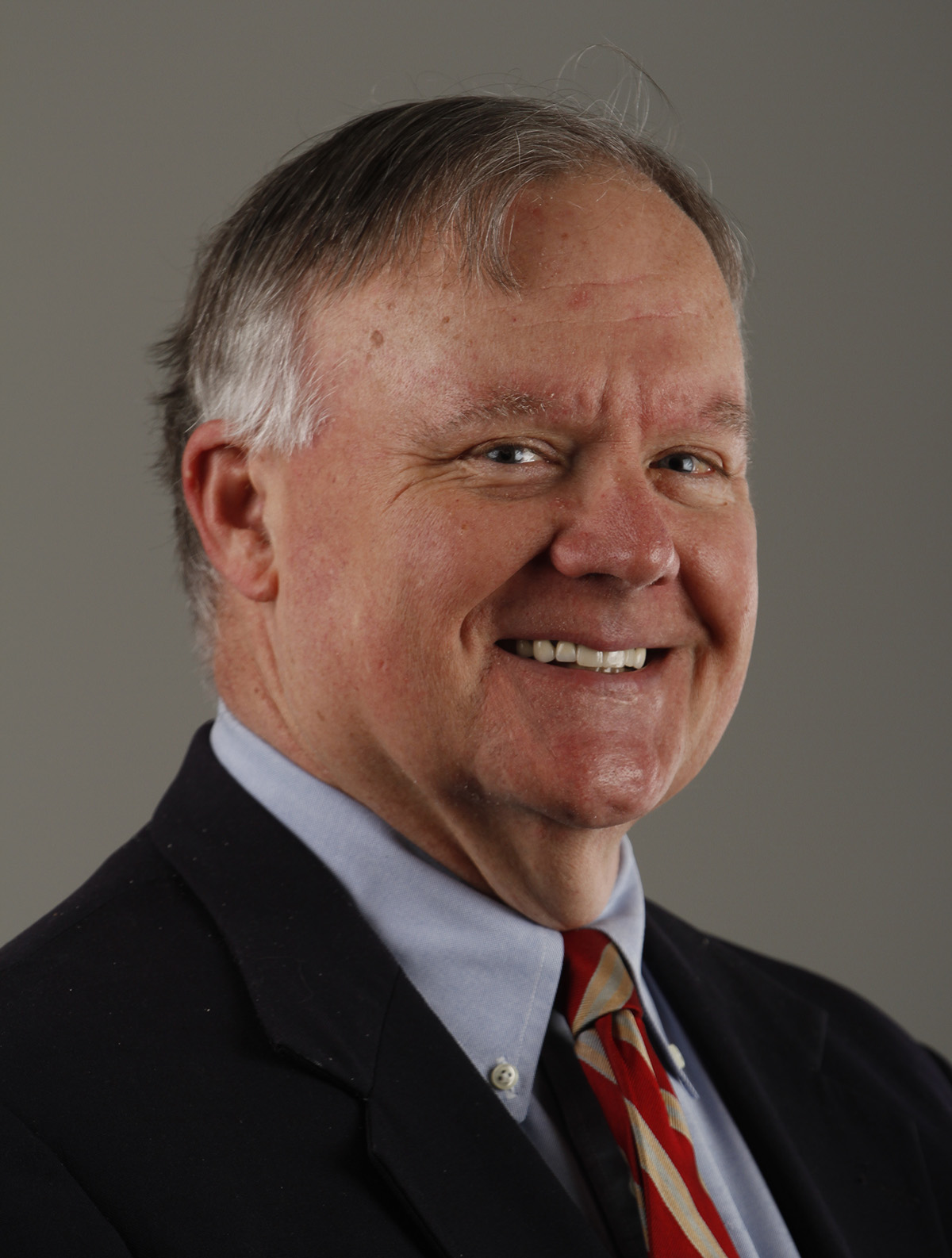Happy Martin Luther King Jr. Day. We've officially celebrated Dr. King's birthday (Jan. 15, 1929) every third Monday of January as a federal holiday since 1986, though it took until 2000 for the last of our 50 states to mark its own official observance.
But if we've ever needed to pay attention to Dr. King's philosophy of nonviolent protest, if we've ever needed to assess not only how far we've come in race relations since the Atlanta native's assassination in Memphis on April 4, 1968, but also how far we need to travel, it would seem to be this year of all years.
Look around. This past summer was framed by the Black Lives Matter movement because too few black lives - notably Breonna Taylor, George Floyd, Rashard Brooks and Jacob Blake - seemed to matter to law enforcement officers who killed all but Blake, leaving him possibly paralyzed for life.
Painting "Black Lives Matter" on NBA courts, as the league did during its "bubble-ized" completion of the 2019-20 season, is one thing. Making everyone understand the need to embrace such a mindset is another - though, at the risk of angering some, to say "All Lives Matter," if taken at face value rather than being politicized, also has much merit.
But as this city's Orlando Lightfoot, the senior manager of Boys & Girls Clubs of Chattanooga and one of the best basketball players this city has ever produced, noted a little more than a week ago while referencing a line first uttered by NBA superstar LeBron James a few days earlier: "There are two different Americas, and while we've (Black America) come a long way in 200 years, there's still a long way to go."
The storming of our U.S. Capitol nearly two weeks ago dramatically showcased our two different Americas, both of them on edge as the coronavirus pandemic continues, economic uncertainty grows and a dramatic shifting of political power is set to occur with Wednesday's inauguration of Joe Biden as the 46th president of the United States.
While several Black Lives Matter protests got out of control last summer, their ugly side laid bare by looting and needless property damage, what happened on Jan. 6 in Washington exposed the dangers of the opposite side of the political aisle, its lawlessness almost entirely driven by the radical right, many of them carrying Confederate flags and wrongly enraged by false charges of a presidential election stolen from Donald Trump.
Neither last summer's protests nor the D.C. riot were entirely defensible. Violence as a form of protest never is. But at least the summer's outrage was regarding wrongful deaths at the hands of out-of-control law enforcement. What happened at our nation's Capitol was anarchy in its most dangerous form.
Yet to return to Lightfoot, there has undeniably been progress, however slow. Merely consider the story of the late Earl Lee, who was a high school football star for Howard before signing a scholarship with the University of Wyoming in the early 1960s. He returned to the same college in 1968 after serving a military stint in Vietnam and the Far East.
In the fall of 1969, as Wyoming was preparing to play BYU, the Cowboys' 14 black players decided they would all wear black armbands during the game to protest the Mormon Church's stance of not allowing Blacks to enter the priesthood.
Hearing this, Wyoming's coach Loyd Eaton kicked them off the team without debate. After a stellar career in public education in Baltimore, Lee died in 2013 having never received an apology from Eaton or the school.
In the fall of 2019, 50 years after the Black 14, as they became known, were booted from the team, the university invited them back to apologize. Brian filled in for his father.
"The University of Wyoming rolled out the red carpet for the Black 14 and did everything in their power to make amends," Brian told Cook.
He also told of being given his father's helmet and jersey and of being honored at halftime of a Cowboys game, with the group being "brought onto the field as the crowd roared. I can just imagine how much my dad would have loved to be a part of that."
We can't always erase the past. We can only attempt to correct it, to grow from it, to admit we've made mistakes, horrible mistakes, and that we'll try as hard as possible not to make them again.
Which brings us to what happened with the University of Tennessee at Chattanooga football coaching staff in the wake of Georgia's runoff races for the U.S. Senate, with that election ending Jan. 5, the day before the anarchists stormed the Capitol.
Mocs assistant Chris Malone sent out a Tweet the night of the election making entirely inappropriate remarks about Georgia political activist Stacey Abrams, who's Black. Less than 48 hours later, Malone stepped down under pressure.
UTC coach Rusty Wright said in a released statement: "Our football program has a clear set of standards. Those standards include respecting others. It is a standard I will not waiver on. What was posted on social media by a member of my staff is unacceptable and not any part of what I stand for or what Chattanooga Football stands for. Life is bigger than football and as leaders of young men, we have to set that example, first and foremost."
In a nod to not only Dr. King but the desperate need for equality and justice for all, may we all come to embrace that standard, both in sports and, far more importantly, in life.
Contact Mark Wiedmer at mwiedmer@timesfreepress.com. Follow him on Twitter @TFPWeeds.


